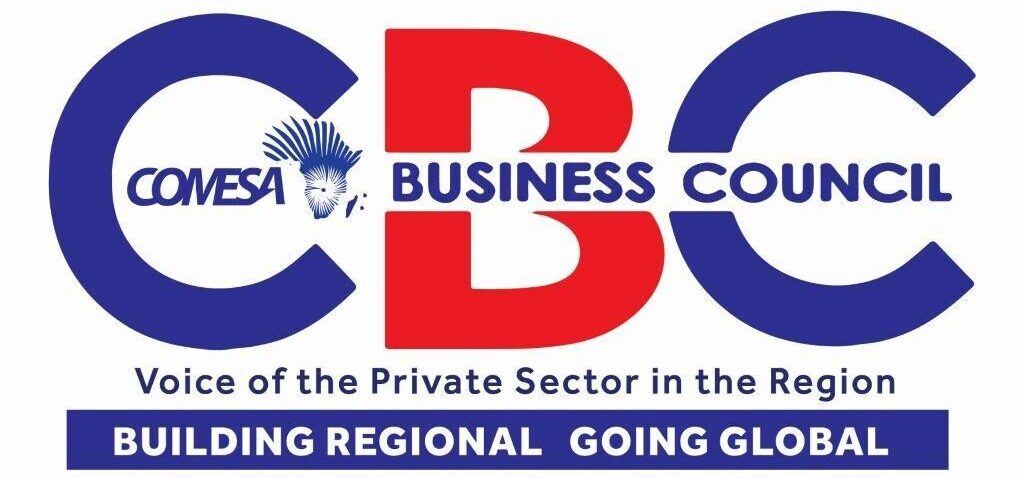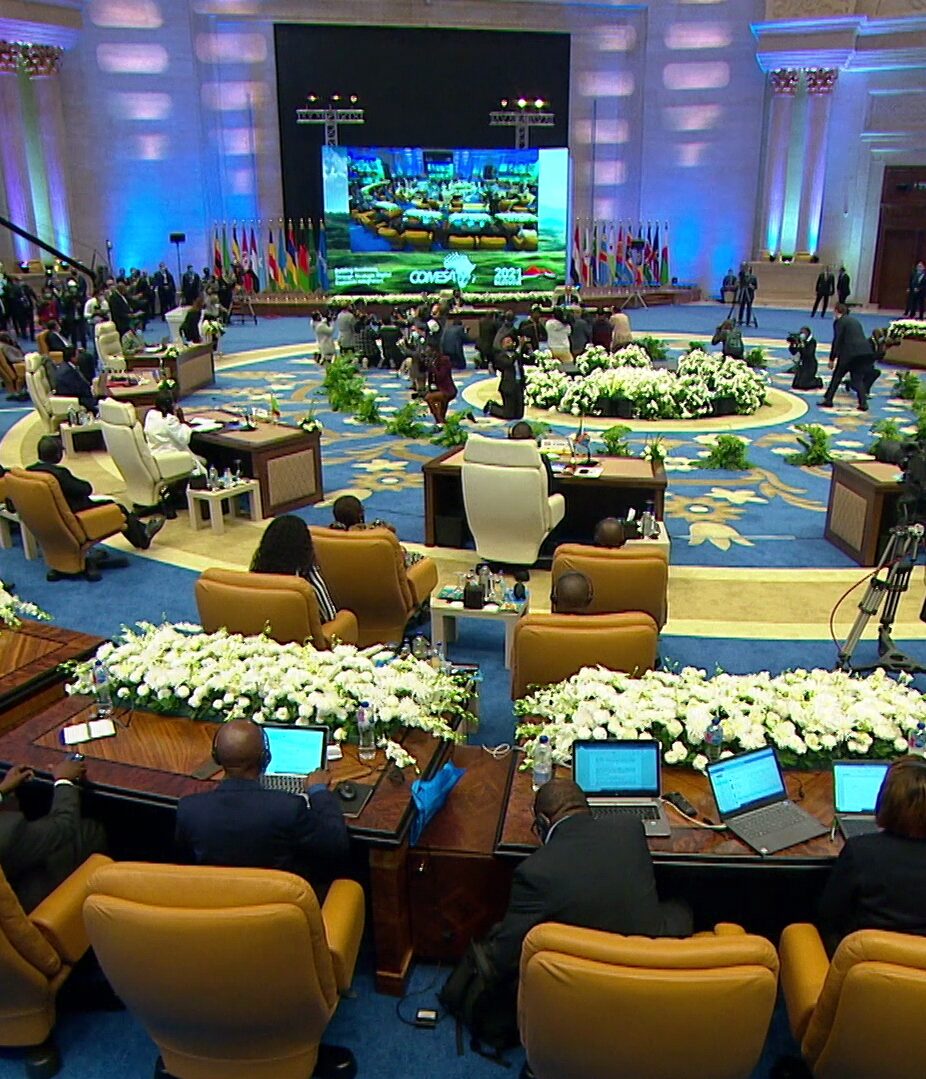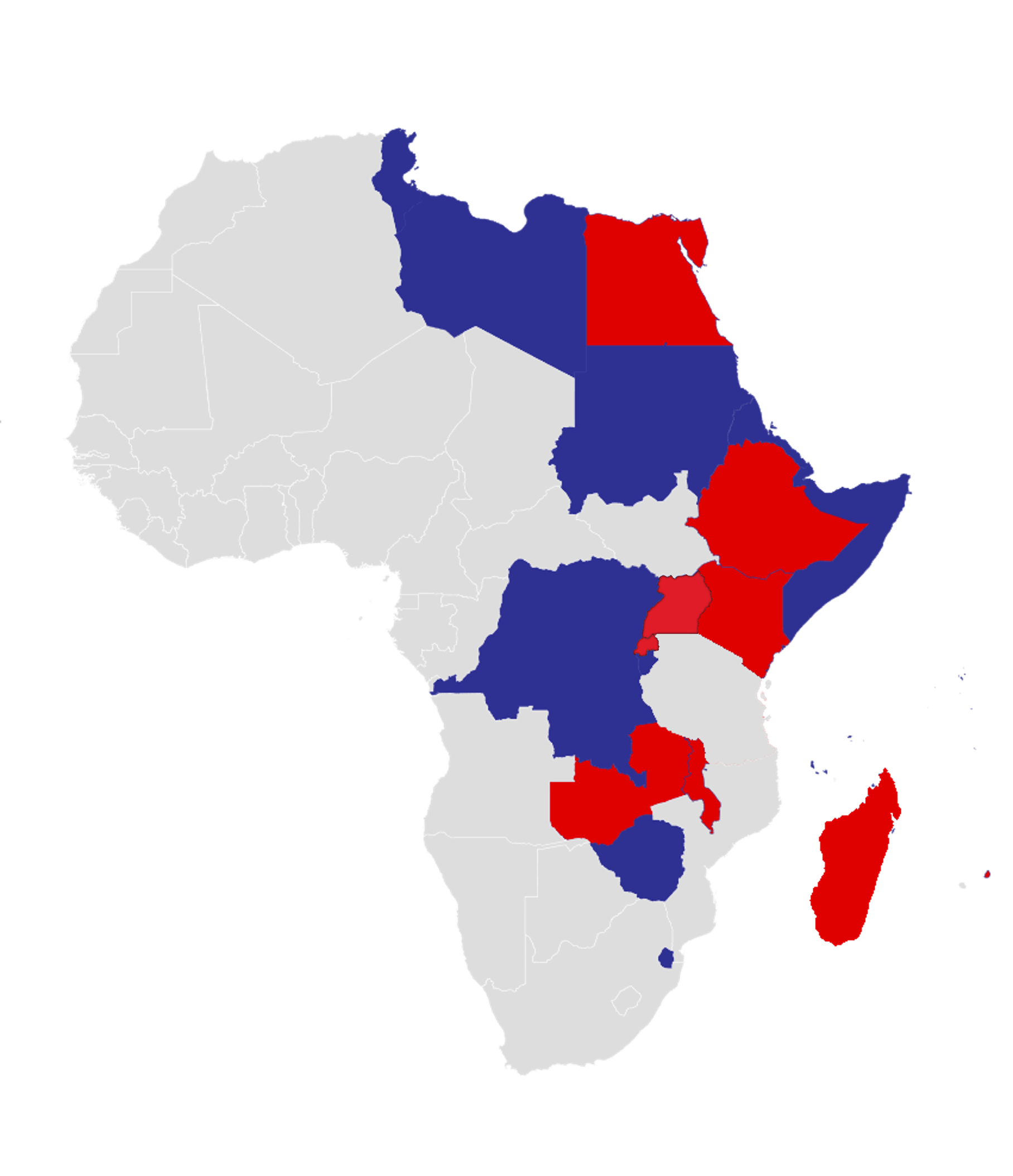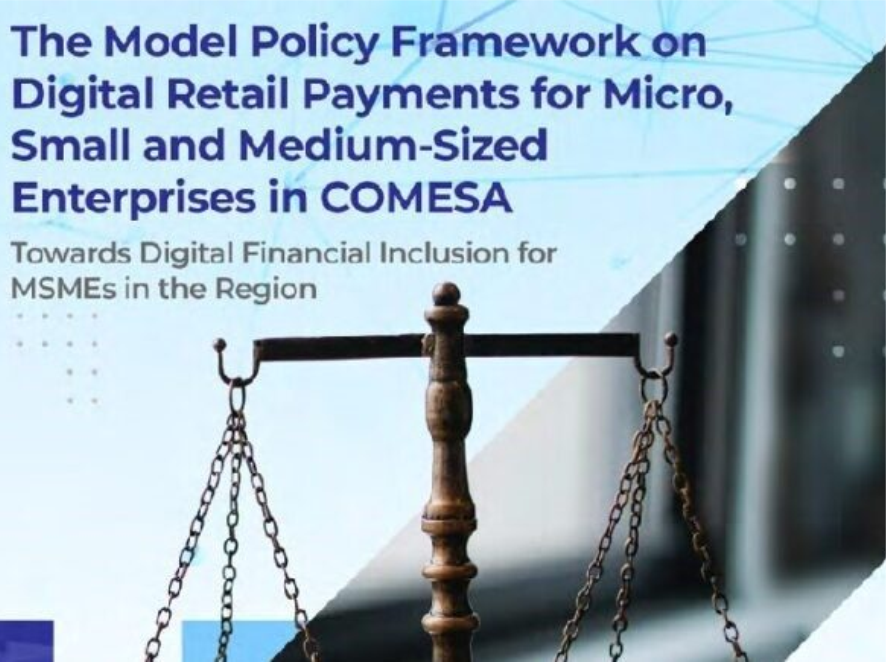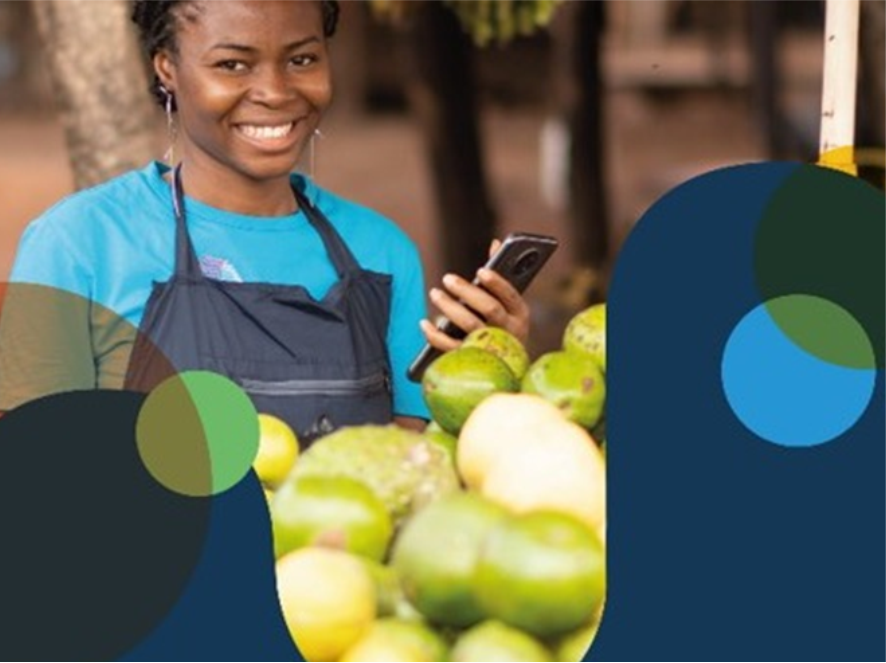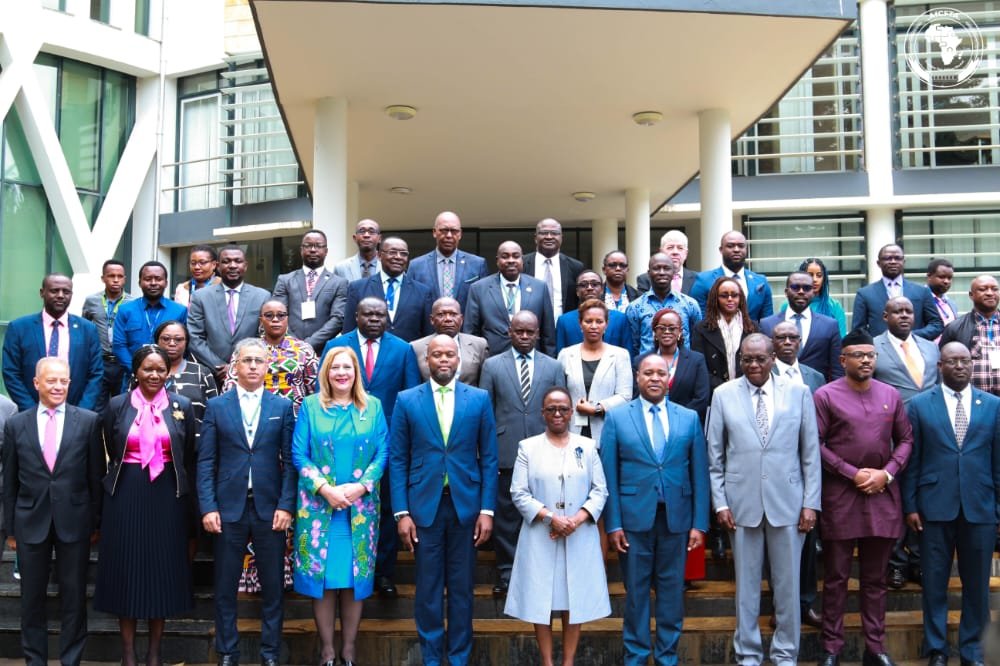
Background
The MSME Digital Financial Inclusion Project’s overall goal is to support the development of a Regional Digital Retail Payments Platform that serves Micro Small and Medium Enterprises (MSMEs) in COMESA Region thereby improving cross border trade.
CBC is implementing a Digital Financial Inclusion (DFI) programme that supports the design, development and deployment of an integrated regional digital retail payment scheme that is low-cost, interoperable and fraud resistant that serves Micro Small and Medium sized Enterprises (MSMEs), for the COMESA region. The program has a keen focus on women and youth.
This will evolve from a regulatory focus approach to the business model, to actual operational and technical establishment, with clearly defined components.
EXPECTED IMPACT
Financial inclusion
participation of MSMEs in regional trade
Increased volumes of cross border transactions
Increased visibility of African products within regional markets
Directly respond to the intra-trade deficit in the region.
Key project Objectives
To develop a compelling value proposition for public and private stakeholders
including regulators, on an instant low value payments infrastructure, that facilitates transactions in real time, and safely regardless of who they choose as the financial services provider, their location and time of the day.
To support the design, development and deployment of an integrated digital financial services Infrastructure
(regulatory and modelling) that is low-cost, interoperable and fraud resistant that serves MSMEs and the customers they transact with at the bottom of the financial pyramid
To establish a digitally inclusive regional payment scheme
that lowers transaction costs for MSMEs, and the majority are women for whom growing, making and selling food, products and services are the means to survive
To streamline cash-based MSMEs into digital markets
that enjoy affordable, interoperable, transparent, real-time financial transactions.
To increase volumes of cross border transactions
financial inclusion and the participation of MSMEs in regional trade.
To develop capacity building
of the Regional digital retail payment platform
Piloted project in 8 of the 21 COMESA Member States.
Kenya, Uganda, Rwanda, Mauritius, Egypt, Ethiopia, Malawi, and Zambia

Status of Key Project Outputs
Business Case Development
Business Case & Model Policy development completed & validated.
PPD: 20th – 21st Jan 2021
Policy Framework
Validation of Model Policy completed. PPD: 27th July 2021
Business Model
First validation of Business Model completed.
PPD: 3rd Dec 2021
Technical Capacity Building
7 Technical Capacity Building Modules for MSMEs developed
Digital Retail Payments Platform for MSMEs
Final validation of Business Model. PPD: 10th March 2022
Achievements
1. Business Case study
2. Model Policy Framework
3. Business Model
4. Draft Regulation guidelines (Rule book)
5. Capacity Building
6. Stakeholder collaborations
7. Publications
8. Political Will
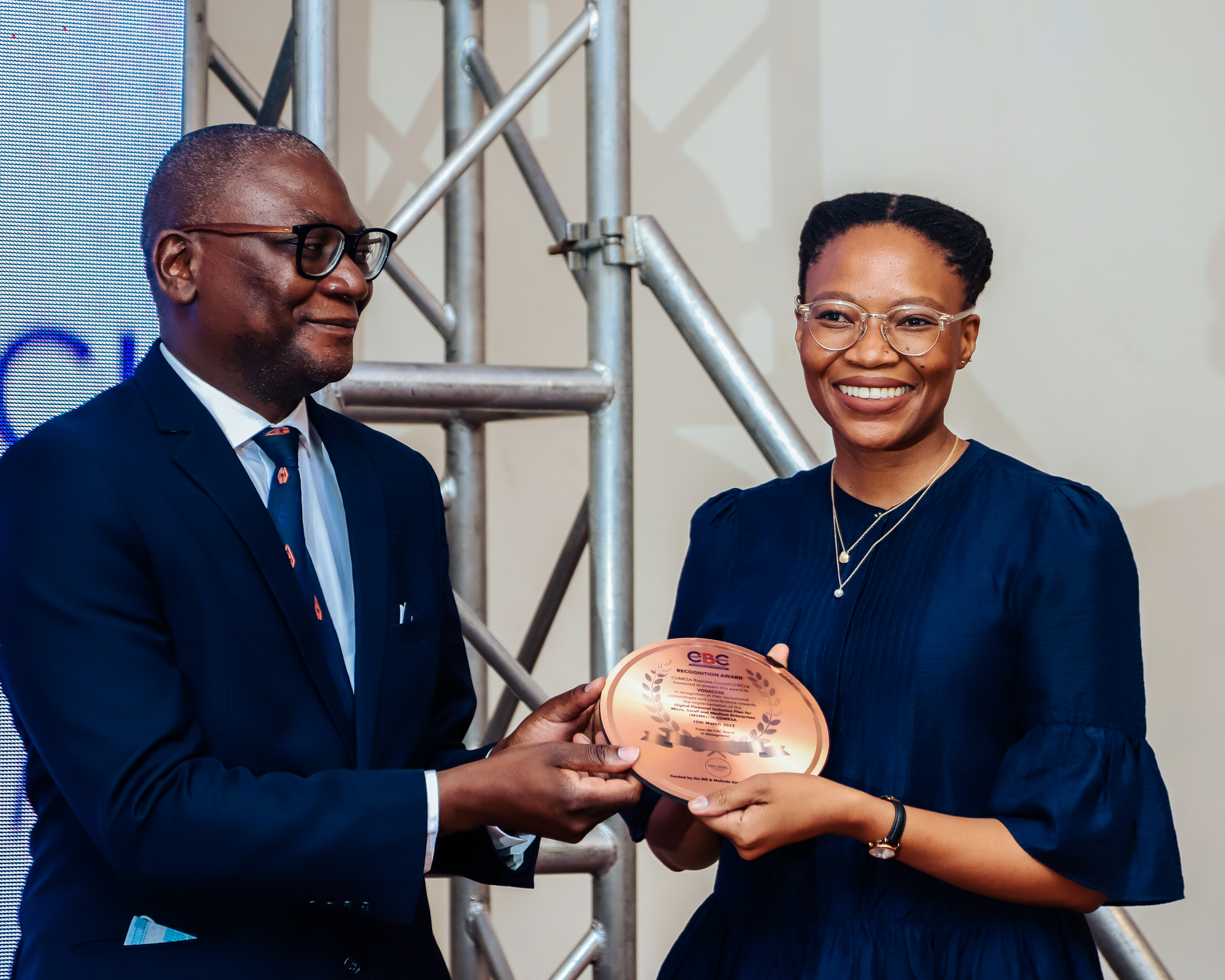
Publications
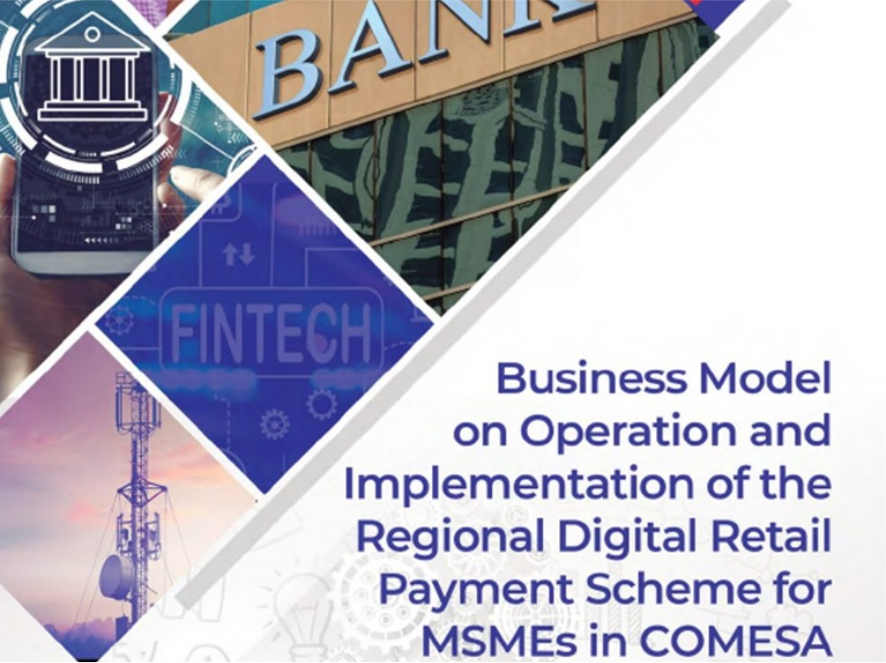
BUSINESS MODEL ON OPERATION AND IMPLEMENTATION OF THE REGIONAL DIGITAL RETAIL PAYMENT SCHEME FOR MSMEs IN COMESA
Level One Design Principles
The following proposed level one principles are taken into account in the scheme design.
1
Real-time, Push Payments
2
Open-loop/
Interoperable System
3
Irrevocable Payments
4
Same-Day Settlement
5
Pro-Poor Governance
6
Government Support/ Regulatory Oversight
7
Cost-Recovery Based/ Low Cost Payments
8
Shared Fraud Service
9
End User Experience
10
Appropriate Technology
12
Use Cases Drive Scale
13
Enabling Programs and User Education
Operations Management Team
Chief Executive Officer
Coordinates the Advisory Committee and the Operations Management
DFI Advisory Committee
Airtel, Vodacom, BPR Bank Rwanda Plc, Bank of Zambia, Kenya Bankers Association, Bankers Association of Zambia, Bayer, Coca Cola, Technobrain Group, RISA, COMESA Clearing House
Chief Operating Officer
Lead in managing the administration, overall project activities/technical implementation, event management, financial reporting, monitoring and evaluation.
Chief Information Officer
Establishing and advancing existing digital services capacity efforts for the stakeholders-industry, regulators, partners, secretariat.
Business Development and Participants Manager
Design, research and implement program activities to respond to demand driven requirements in the project from stakeholders.
Marketing and Product Innovation Manager
awareness, advocacy, knowledge management, manage communications and stakeholder engagements, quality control of project outputs.
